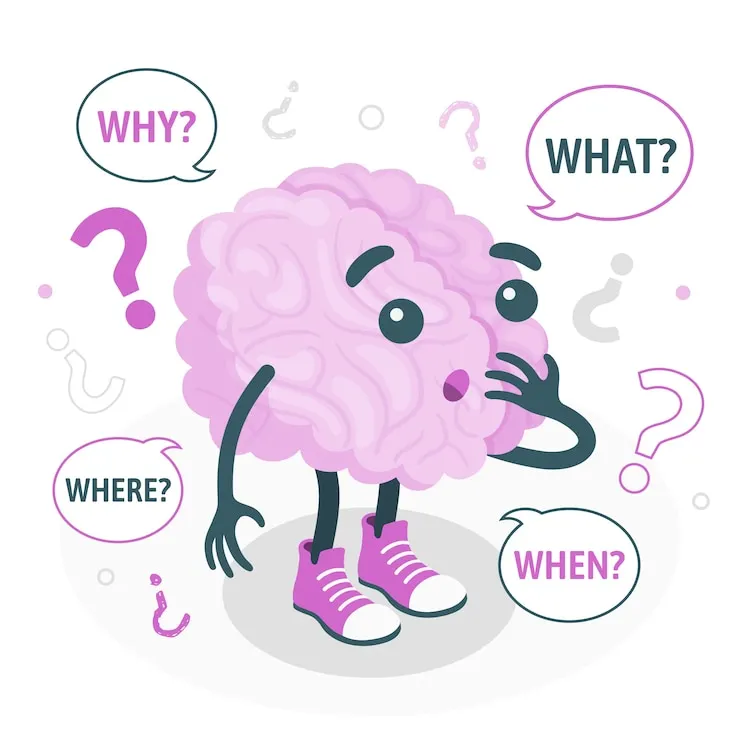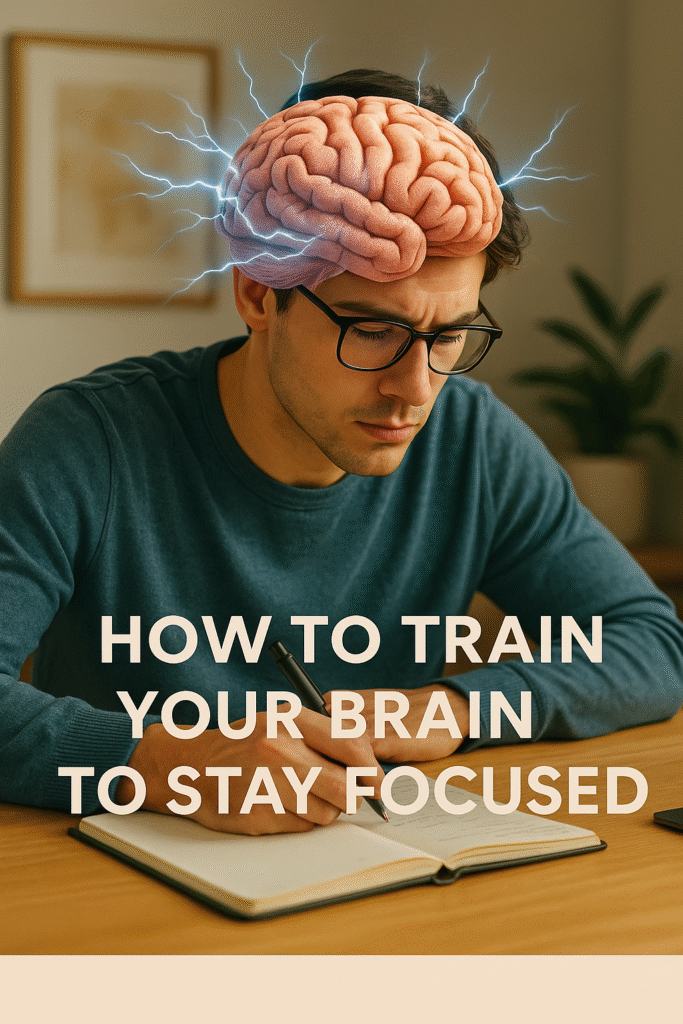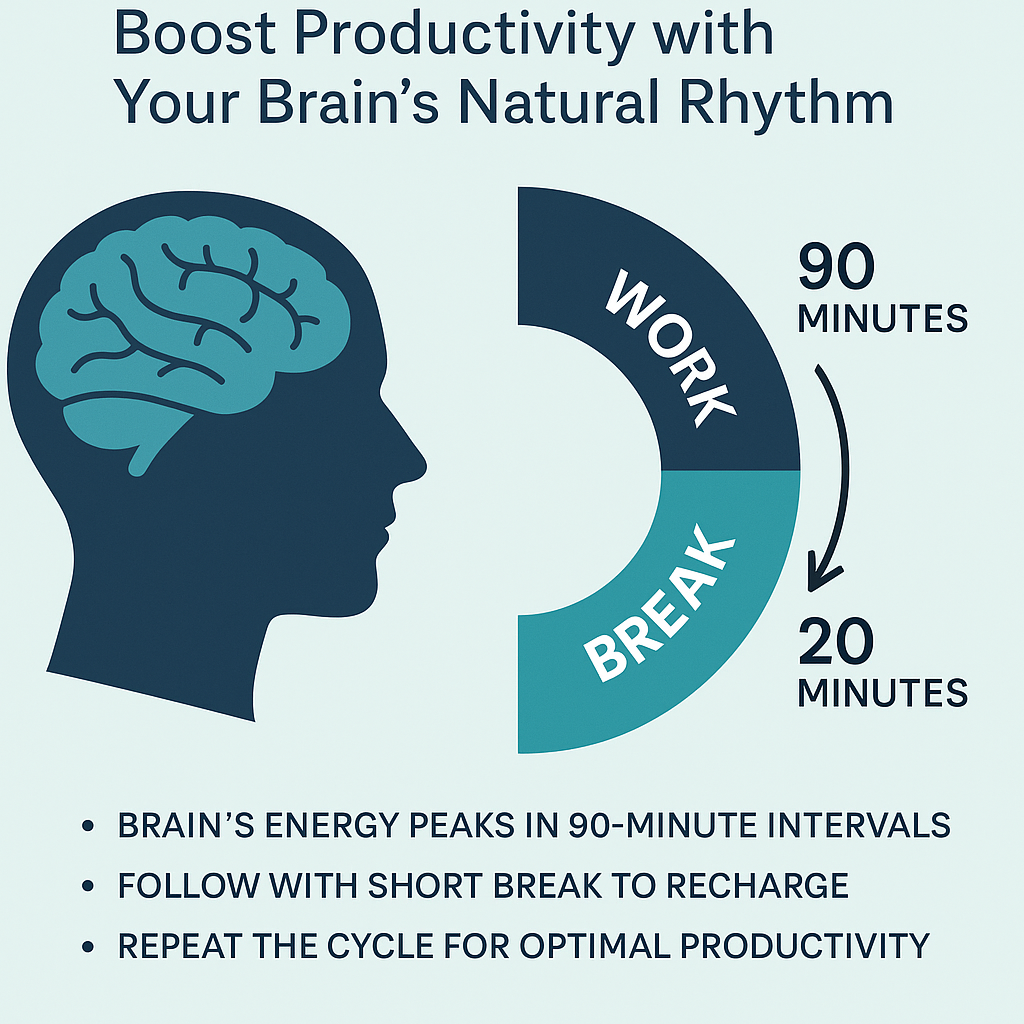🔓 Introduction
Have you ever noticed how you remember weird, random facts , but forget the things you’re supposed to memorize? how curiosity helps learning
That’s curiosity at work.
Curiosity isn’t just a “nice to have.” It’s a powerful cognitive tool that literally rewires your brain for learning.
Let’s explore how — and how you can use it to study smarter, remember more, and actually enjoy learning again.
🧠 What Happens in Your Brain When You’re Curious?
When you’re curious about something, your brain releases dopamine — the “feel-good” chemical.
But dopamine does more than reward you:
- It enhances focus
- It stimulates the hippocampus (the memory center)
- It primes your brain to absorb and retain new information
🧪 Study highlight: Researchers at UC Davis found that when people were curious, their brain showed increased activity in areas related to learning and memory — and not just for the curious topic, but for unrelated information, too.
Curiosity creates a “learning window.”
🎯 Why Curiosity Helps You Learn Better
- You retain more — even boring material sticks better if you’re in a curious state
- You pay more attention — curiosity keeps your brain alert and engaged
- You enjoy the process — learning feels fun, not forced
Think of curiosity as the brain’s way of saying, “This might be important — remember it!”
🔄 The Feedback Loop of Curiosity
Here’s how it works:
- You encounter something strange or incomplete
- Your brain hates not knowing — it craves the answer
- You seek out the info
- The “aha” moment triggers dopamine
- Dopamine tells your brain: “Do this again!”
This feedback loop fuels lifelong learning and makes you want to keep going.
🚀 How to Spark Curiosity On Purpose
You don’t need to wait for curiosity to “strike.” You can actually trigger it intentionally:
🔸 1. Ask Open Questions
Instead of: “What is the answer?”
Try: “What *would happen if…?” or “Why does this work that way?”
🔸 2. Turn Boring Topics into Mysteries
Create a mini challenge.
Example: Studying biology? Ask, “Why do we hiccup — and what if we couldn’t?”
🔸 3. Use the “Curiosity Gap”
how curiosity helps learning, Tease your brain with incomplete info.
Headlines like:
- “You won’t believe what this part of your brain does…”
- “The strange reason why we remember some dreams but not others”
Curiosity gaps keep your brain hungry for the next piece of information.
🎓 Curiosity Makes You a Better Student (and a Better Thinker)
Educators love curiosity. It’s been linked to:
- Higher grades
- Deeper comprehension
- Improved problem-solving
- Greater creativity
Bonus: Curious learners are more likely to challenge assumptions and ask better questions — a key trait of great thinkers. how curiosity helps learning
🧩 Real-World Uses for Curiosity
- ✅ Use curiosity to study topics you dislike by connecting them to something you love
- ✅ When stuck, ask why, what if, or how to break through mental blocks
- ✅ Keep a “curiosity journal” — write down random questions and research them weekly
💡 Final Thoughts
Curiosity isn’t a distraction — it’s the engine of learning. When you’re curious, you’re not just learning more — you’re learning smarter.
So next time you sit down to study, don’t just ask “What do I need to know?”
Ask:
“What makes this interesting to me?”
And watch your brain light up.




